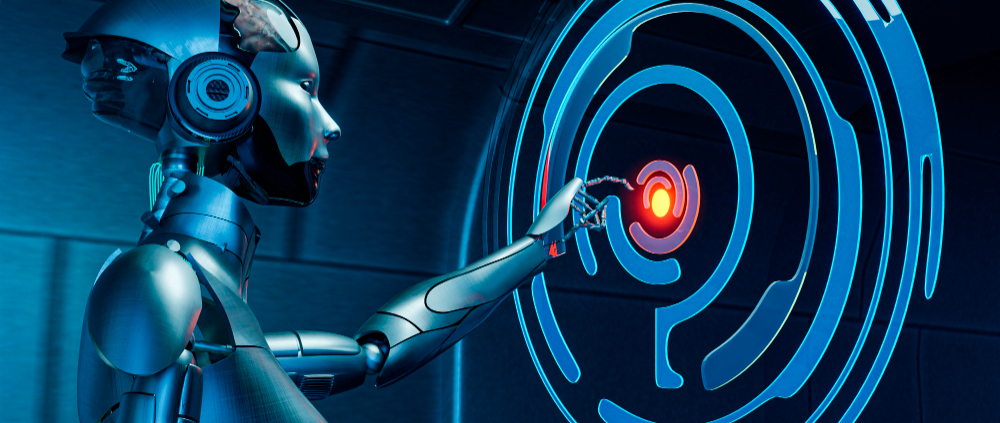Is Generative AI the Next Big Thing in Automation?
The world of automation is rapidly evolving, and one of the most groundbreaking advancements making waves today is generative AI. This technology has the potential to reshape industries, streamline processes, and unlock new levels of productivity. But is generative AI really the next big thing in automation, or just another passing trend? In this article, we will explore the transformative power of generative AI and its role in the future of automation.
What is Generative AI?
Generative AI refers to algorithms and models that can generate new content based on existing data. Unlike traditional AI, which primarily focuses on analyzing and processing data, generative AI can create original outputs such as images, text, audio, and even code. These systems are powered by deep learning techniques, especially neural networks, and have shown impressive results in a variety of creative and business applications.
One key area where generative AI is already making its mark is in the realm of content creation. For instance, businesses offering generative ai services are using these models to create personalized marketing campaigns, write blog posts, design visuals, and even compose music. This opens up a world of possibilities, enabling companies to produce high-quality content at scale, with little to no human intervention.
How Generative AI is Revolutionizing Automation
Generative AI is not just limited to content creation—it has the potential to automate complex tasks across various industries. From healthcare to finance, manufacturing, and entertainment, generative AI can significantly enhance productivity and reduce the burden on human workers.
In the healthcare industry, for example, generative AI is being used to design new drugs by simulating how molecules interact. This speeds up the process of discovering novel treatments and has the potential to save lives. Similarly, in the manufacturing sector, AI-generated designs are used to optimize production processes, making them more efficient and cost-effective.
The Benefits of Generative AI in Automation
Generative AI offers numerous benefits that make it an attractive tool for automation. Here are some of the most notable advantages:
1. Enhanced Creativity
One of the most exciting aspects of generative AI is its ability to push the boundaries of creativity. Whether it’s designing products, generating marketing content, or creating art, generative AI can assist in producing ideas that humans might not have conceived on their own.
2. Cost Savings
By automating content generation and complex tasks, businesses can significantly reduce labor costs and improve operational efficiency. This is especially beneficial for companies that need to scale operations quickly while maintaining high standards.
3. Personalization at Scale
Generative AI can create highly personalized experiences for customers by analyzing their behavior and preferences. Whether it’s recommending products, crafting personalized emails, or tailoring ads, businesses can use AI to connect with their audiences on a deeper level.
4. Increased Speed and Efficiency
With the ability to automate repetitive tasks, generative AI can dramatically speed up workflows and reduce errors. This leads to faster decision-making and more efficient operations, allowing companies to respond quickly to market changes and customer demands.
The Challenges of Adopting Generative AI
While generative AI offers great promise, there are several challenges to consider. For one, the technology requires a significant amount of data and computational power to function effectively. Additionally, there are concerns around data privacy and security, as AI systems often need access to large volumes of personal or sensitive information.
Moreover, the ethical implications of using AI to generate content and make decisions must be carefully considered. For example, AI-generated content could potentially be used to spread misinformation or create biased outcomes. This is why it is important for organizations to implement safeguards and ethical guidelines when adopting generative AI technologies.
The Future of Generative AI in Automation
As generative AI continues to evolve, it is likely to play an increasingly central role in automation. With advancements in machine learning and natural language processing, we can expect even more powerful and intuitive AI systems in the future.
In the coming years, we might see generative AI used for more complex and critical tasks, such as automated scientific research, financial forecasting, and even decision-making in business strategy. As the technology becomes more refined and widely adopted, its potential to transform industries will only grow.
Conclusion
Generative AI is undoubtedly one of the most exciting developments in the world of automation. While there are still challenges to overcome, the benefits it offers in terms of creativity, efficiency, and cost savings make it a game-changer for many industries. As businesses continue to explore the possibilities of generative AI, we can expect to see a more automated, creative, and data-driven future. Whether it becomes the next big thing or not, one thing is certain: the impact of generative AI on automation is here to stay.




Leave a Reply
Want to join the discussion?Feel free to contribute!